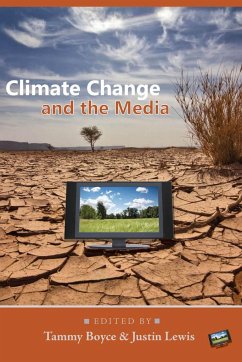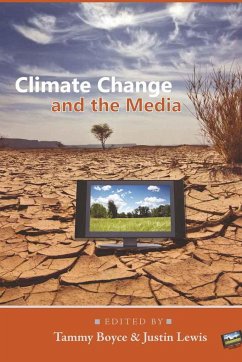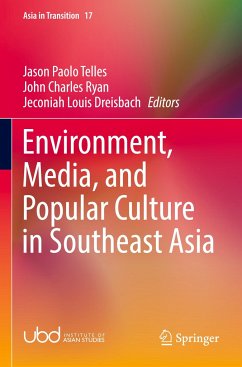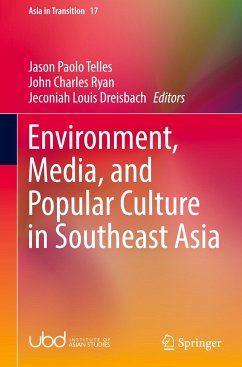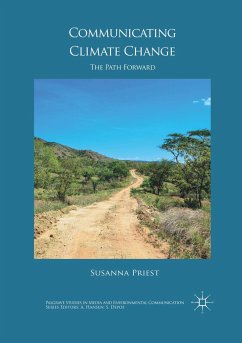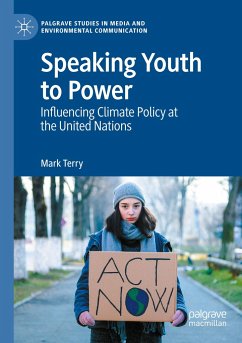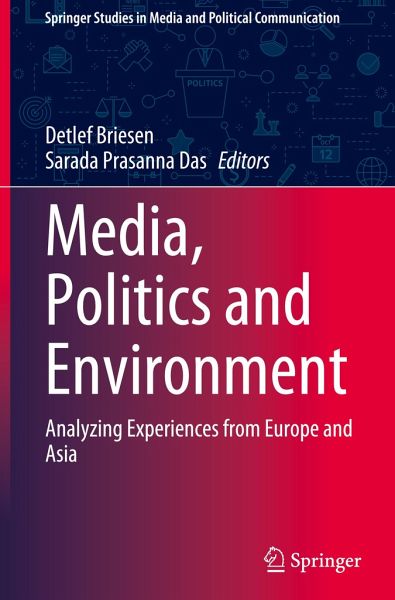
Media, Politics and Environment
Analyzing Experiences from Europe and Asia
Herausgegeben: Briesen, Detlef; Das, Sarada Prasanna

PAYBACK Punkte
61 °P sammeln!
Environmental protection has not equally established itself as a permanent fixture in the political systems of all countries: to date, governments and entire societies have responded to environmental challenges in a variety of ways, and concrete environmental policy is still a highly national matter. Moreover, the perception of environmental problems varies considerably on a global scale. The reasons normally cited for these differences largely stem from the environmental policy debates themselves, e.g. poverty, ignorance, capital interests, etc. In contrast, this book shows that concrete envi...
Environmental protection has not equally established itself as a permanent fixture in the political systems of all countries: to date, governments and entire societies have responded to environmental challenges in a variety of ways, and concrete environmental policy is still a highly national matter. Moreover, the perception of environmental problems varies considerably on a global scale. The reasons normally cited for these differences largely stem from the environmental policy debates themselves, e.g. poverty, ignorance, capital interests, etc. In contrast, this book shows that concrete environmental policy emerges from a complex interplay of mass media and political conflicts: first, the mass media provide the framework for national environmental policy through agenda-setting, framing and scandalization; second, the mass media thereby change values in the political and social discourse, e.g. by altering the perception of global commons and expanding the possibilities of interest articulation; and third, this can lead to political decision-making processes in which legal and other measures for environmental protection are enforced. The book systematically compares industrialized countries such as Germany and Japan with several rapidly emerging countries in South and Southeast Asia.






